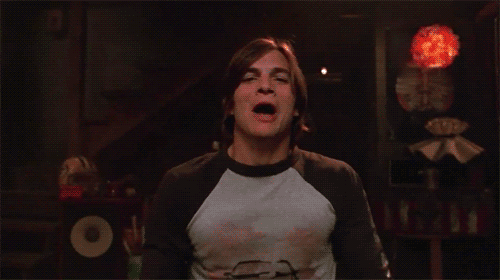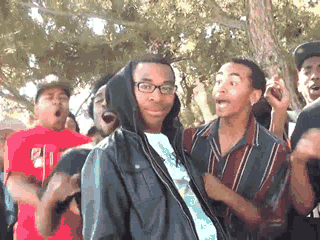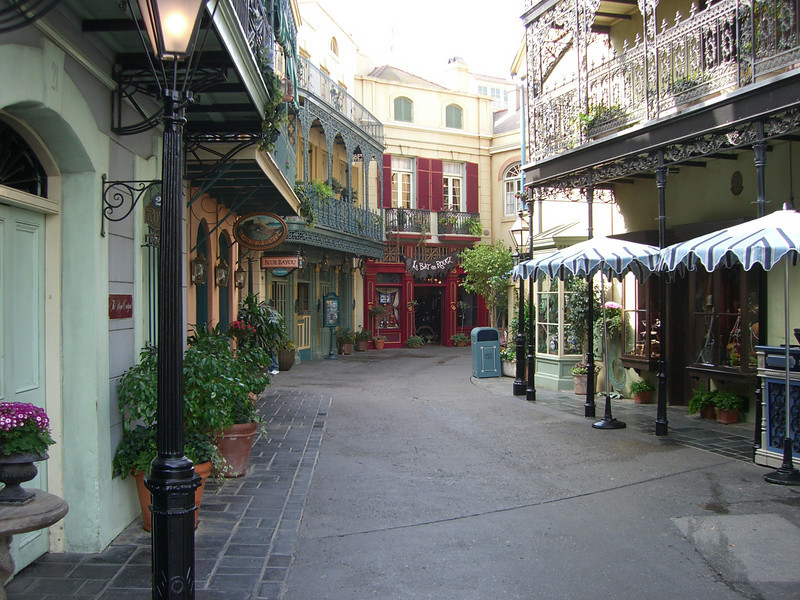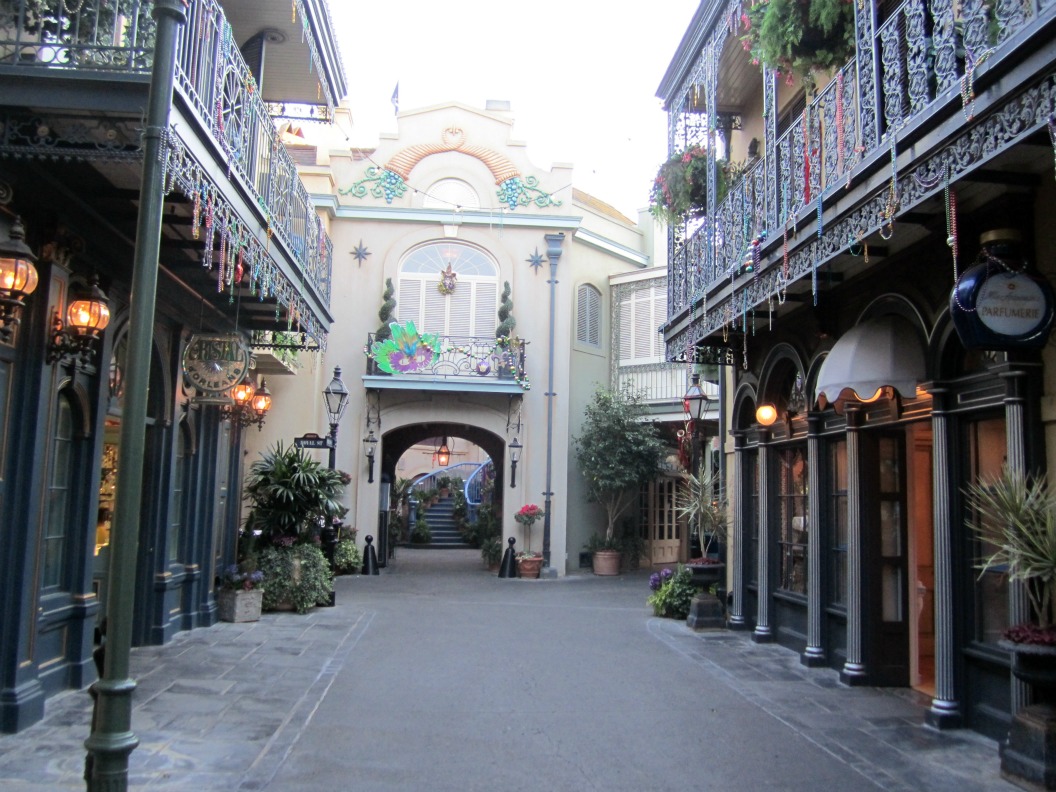Creative Energy? I guess you can call it that...
I've been trying to figure out what I really did as a kid and where my "creative energy" went, and I thought about it for a good while. But, I realized, my art was playing games. Or in the theme of
Stitches, my "language" was playing games.
Namely: Video games, board games, and sports.
Let's start with sports. As one of those typical kids, I was all over those kids sports (oh, you know, Little League for baseball, YMCA for soccer/basketball, and Upwards for soccer/basketball). I loved sports when I was younger - since I was normally much bigger than my peers around me, I therefore dominated.
One particular time when I was playing in an Upwards soccer match, I remember scoring an awesome goal coming from a free kick that was placed midfield. Statistically speaking, it was a dumb idea to kick straight to the goal when you were midfield, rather than passing the ball to one of the forwards. Regardless, I wound up, kicked it squarely with my toes (another soccer no-no), and saw it sail through the air over everyone's head, just out of reach of the goalies hands.
Basically my reaction, and how the next 30 seconds went:
Fast forward to senior year in high school when I was replaying this particular story to my best friend (we met around sophomore year). He said he remembered this exact game, and the kid who scored a goal from a free kick placed at midfield.
As fate would have it,
he was the goalie.
And of course, like any good best friend, I used that opportunity to reinforce the idea that I still beat him at everything, even
before we knew each other.
Ah. Good times.
Now, board games.
By this, I mean stuff like Monopoly, Boggle, Risk, etc.
If you recall from my first blog entry, I'm the youngest of six children. Board games were how we passed the time on nights where we were all together. We always loved a good board game. So, playing against much older and wiser players served as a bit of a handicap for myself. However, whether it was clever thinking on my part, or just sheer dumb luck, I fared quite well against my sibling rivals.
One time when I was around 9 or 10, I was playing Monopoly with 3 of my siblings. It started off slow, but progressively I started raking in the properties. After a while, it got to the point where I actually felt sympathy for my siblings once they landed on any of my properties because they were all so poor... I would tell my sister, "It's okay, you don't have to pay me this time. :(" While my brothers are trying to persuade me that I need to play cutthroat-style and make her give me her properties so she would be forced out of the game. But in the mind of my young self, that just felt like such a cruel thing to do to my sister...
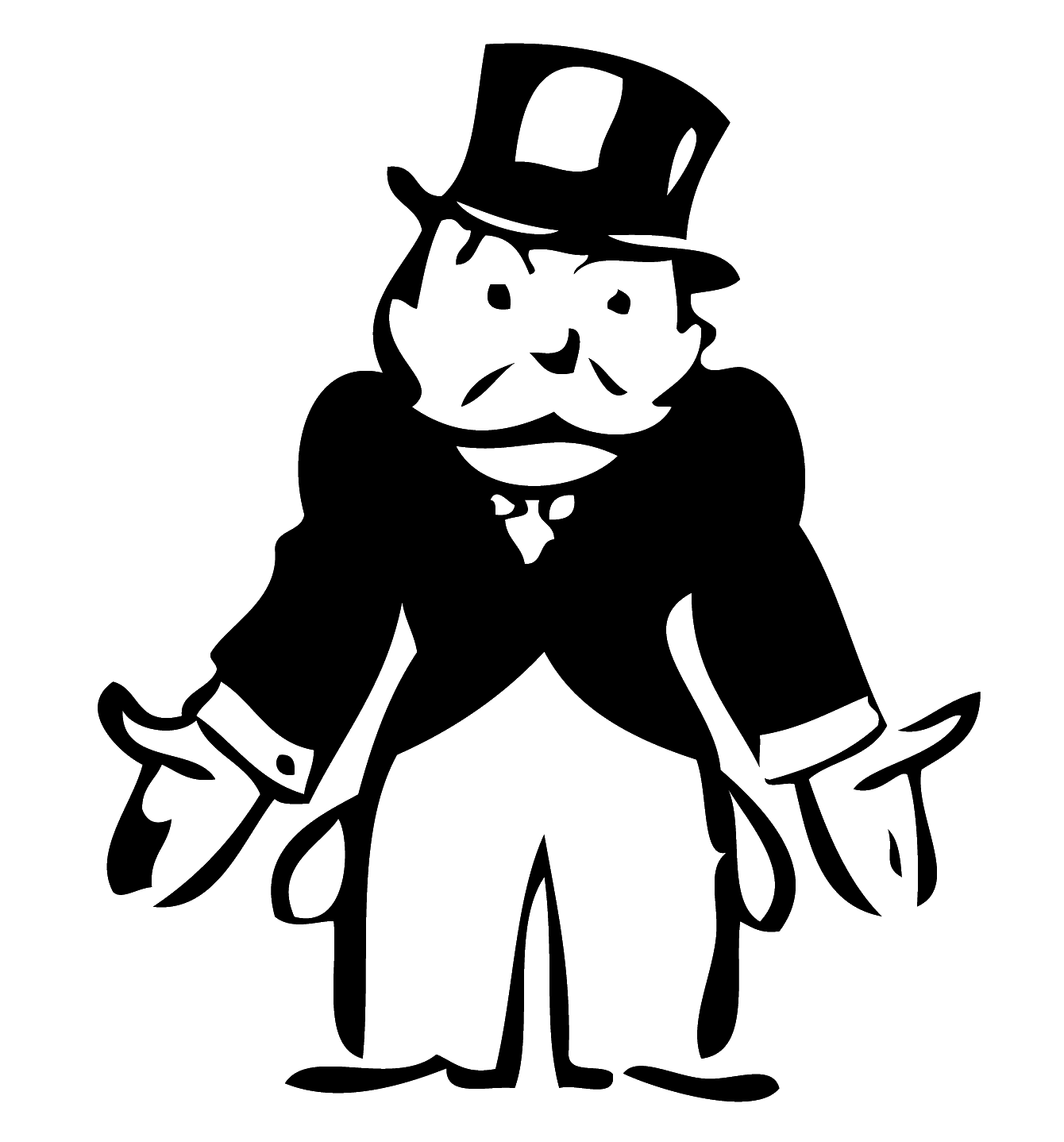
A couple hours later, she won.
And that, was the last time I was merciful to any of my siblings while playing a board game...
(Okay it wasn't
that bad...)
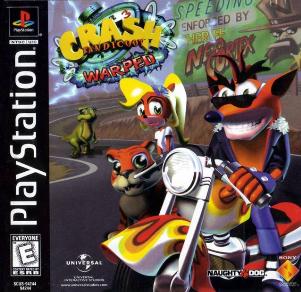
Video games.
Where do I start with video games...
Well. Crash Bandicoot. That's a good start I suppose. That was the first video game I believe I actually ever played. Specifically,
Crash Bandicoot: Warped. Just looking the cover art brings back so much nostalgia.
I remember the first time I ever picked up a controller. My brother was playing this game, and he couldn't figure out how to beat this one level. But I immediately recognized what to do, and beat what he was trying to get past. He was so amazed that his 4 year old baby brother was able to figure it out.
Haven't put down the controller ever since. (Figuratively speaking, of course.)
I love video games. They relax me, they entertain me, they're my escape from reality.
As I think about it, games really have shaped my life quite a bit.
Well, honestly, board games may not have made that much of an impact... (although, it did bring us closer as siblings).
But if it wasn't for playing all four years of high school tennis, my life would be
radically different, and probably not in a good way. I have high school tennis to thank for many things in my life.
As far as video games go... I love them and all, but they
do suck my time up... I'll have to see where this one takes me.
But ya know, I've always thought about a career in the stock market. I've thought to myself, "Hey. I'm pretty good at games. The stock market is kind of like a game right?"
Here, try this:
http://www.marketwatch.com/game/
It's a game that allows you to set up different kind of rules, and the amount of money you start with, where you can then invest in legit, actual stocks in real-time as their price fluctuates. It's pretty awesome.
So who knows, we'll have to see where my affinity for games might actually end me up.
 At my year at SFA I had many big events happen. Some I guess you could say are life-changing.
At my year at SFA I had many big events happen. Some I guess you could say are life-changing. 



